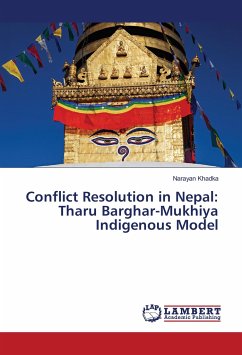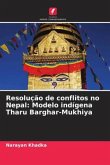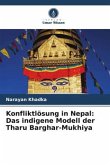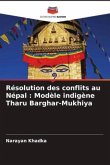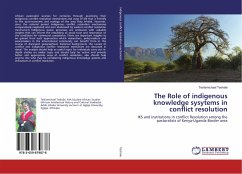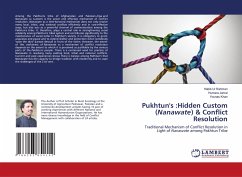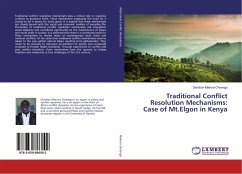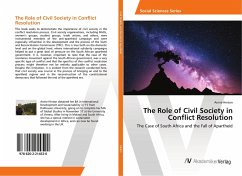The author follows a yearlong explorative, qualitative case study of the Tharu community in Nepal's southern plains: the Tharu Barghar-Mukhiya. The research explores the traditions and customs of restorative justice, consensus-based decision-making, and reconciliation processes practiced in Bara, Dang, and Bardiya Districts. The developed Barghar-Mukhiya model is a democratic, inclusive, and participatory, which resolves the various level of conflicts in reaching a win-win resolution and reconciliation. Six themes emerged from the data: Rituals/Festivals, Inclusion/Dialogue, Identity/Security, Structure/Barghar-Mukhiya, Process/Reconciliation Processes, and Participation/Acceptance. Over time, this system has continued to maintain community peace and harmony. This research contributes to the field of peace and conflict studies in balancing the traditional beliefs and the modern judicial system.
Bitte wählen Sie Ihr Anliegen aus.
Rechnungen
Retourenschein anfordern
Bestellstatus
Storno

